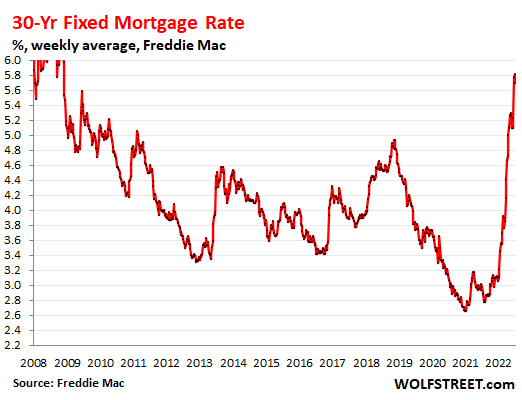Rule Against Perpetuities: What It Is, How It Works

What is the rule against perpetuities?
The rule against perpetuities is a legal principle many states use to prevent someone from controlling property long after they die. Generally, control over a property can’t extend more than 21 years past the death of a specific person living and identified in your will, trust or deed.
The rule against perpetuities is notoriously complicated, and it’s established through common law, meaning it is based on previous court decisions rather than specific legal statutes. Because of this, the rule against perpetuities may vary depending on your state.
|
Prevents long-previous legal documents from affecting current property ownership. |
Can prevent families from guaranteeing property ownership to future generations. |
|
Allows descendants to buy and sell property without being blocked by a grandparent’s will, for example. |
Can void an estate plan, will or property deed if the rule is violated. |
How the rule against perpetuities works
Essentially, the rule against perpetuities is intended to prevent property owners from using legal tools to create a “future interest” (a transfer of ownership) that “vests” (activates) long after they die.
For example, Lisa has a daughter, Jane, and a son, Jack. Lisa decides to leave her farm to her son Jack in her will. Jack has no children when Lisa makes the will, so she adds a clause stating that any children he has later will inherit the farm and take over their share of the business once each of those children turns 25.
However, after Lisa dies, Jack has a child but then dies when the child is two years old. Under the terms of Lisa’s will, Jack’s child can’t inherit the property until they turn 25, which is more than 21 years after Jack’s death. This timeline violates the rule against perpetuities, and thus the state could void the property transfer that Lisa planned in her will.

Trust & Will
Price (one-time)
One-time fee of $159 per individual or $259 for couples.
Price (annual)
$19 annual membership fee.
Access to attorney support?
No
We like it because
Trust & Will stands out for its quick and easy-to-use process.

Trust & Will
We like it because
Trust & Will stands out for its quick and easy-to-use process.
Price (one-time)
One-time fee of $159 per individual or $259 for couples.
Price (annual)
$19 annual membership fee.
Access to attorney support?
No

Nolo’s Quicken WillMaker
Price (annual)
$99 to $209 per year.
Access to attorney support?
No
We like it because
Nolo’s services are among the most comprehensive on the market.

Nolo’s Quicken WillMaker
We like it because
Nolo’s services are among the most comprehensive on the market.
Price (annual)
$99 to $209 per year.
Access to attorney support?
No
Why the rule against perpetuities matters
If you own property, are in the estate planning process and are curious about how to ensure certain heirs or organizations inherit your estate, or you want to ensure that land you own remains open space, it’s helpful to know about the rule against perpetuities.
However, the rule against perpetuities is notoriously difficult to understand and apply, so be sure to consult a qualified estate planning attorney if you have questions.
-
If you violate your state’s rules by planning a property transfer that can’t vest within the legal limit, when you die your family or intended beneficiaries may have difficulties getting through the probate process — or successfully claiming the bequests you left to them.
-
Each state has its own stance on the rule against perpetuities. Several have extended the waiting period for property to vest, and some have even repealed it completely.
-
Over half of U.S. states have adopted some version of the Uniform Statutory Rule Against Perpetuities, which uses a “wait-and-see” approach to allow the interest 90 years to vest.
Tax implications of the rule against perpetuities
A trust can shield property from the generation-skipping transfer, or GST, tax, which can kick in if you give more to grandchildren or relatives two or more generations younger than you.
Many states allow property in an irrevocable trust to avoid a transfer tax for many years or even indefinitely. Because of this new loophole, the U.S. Department of the Treasury has proposed a law to put a time limit on this exemption, meaning that people in states where the rule against perpetuities has been significantly softened or abolished will no longer be able to take advantage of the tax benefit.


